Description
Overview
Keflex is a first generation cephalosporin antibiotic Cephalosporins are derivatives of 7-aminocephalosporic acid and are closely related to penicillin in structure. Cephalosporins have a six membered sulfur containing ring adjoining a Blactam ring. Keflex is very active against gram positive cocci and used in a large variety of bacterial infections, such as respiratory tract, skin and urinary tract infections. Antibiotics require constant drug level in body for therapeutic effect This is achieved by taking the medication at regular interval of time throughout the day and night as prescribed. Keflex (Monohydrate) is important to take the drug for the full time period as prescribed. If you discontinue the therapy, it may result in ineffective treatment
Indications
Keflex (Monohydrate) is primarily indicated in conditions like Bone and joint infection, Dental infections, Genitourinary tract infections, Otitis media, Respiratory tract infections, Schizophrenia and other psychoses, Skin infections, Soft tissue infections
Contraindication
Side Effects The severe or irreversible adverse effects of Keflex (Monohydrate), which give rise to further complications include Hypersensitivity reactions, Angioedema, Interstitial nephritis, Angioedema, Vulvovaginitis. Keflex (Monohydrate) produces potentially fe-threatening effects which include Pseudomembranous colitis, which are responsible for the discontinuation of Keflex (Monohydrate) therapy. The symptomatic adverse reactions produced by Keflex (Monohydrate) are more or less tolerable and if they become severe, they can be treated symptomatically these include Dizziness, Headache, Nausea, vomiting, Diarrhea, Skin reactions, Vaginitis, Genital moniliasis, Vaginal discharge, Neutropenia, Gl disturbance, Genital pruritus, Anal pruritus, dizziness
Warnings
Keflex should be used with caution in patients with impaired kidney or liver function, hypersensitive to penicillin. Appropriate measures should be taken if Secondary infection occurs. It should be used with caution (if contains tartrazine) in patients with aspirin hypersensitivity, because it may cause allergic reactions (including bronchial asthma). Reduce dosage when renal function is markedly impaired. It should be used with caution during the first trimester of pregnancy
High Risk Groups
Drug should not be given to Pregnant Mothers, and Neonates. If prescribing authority justifies the benefits of the drug against the possible damages he/she should reevaluate them and consult the reference material and previous studies

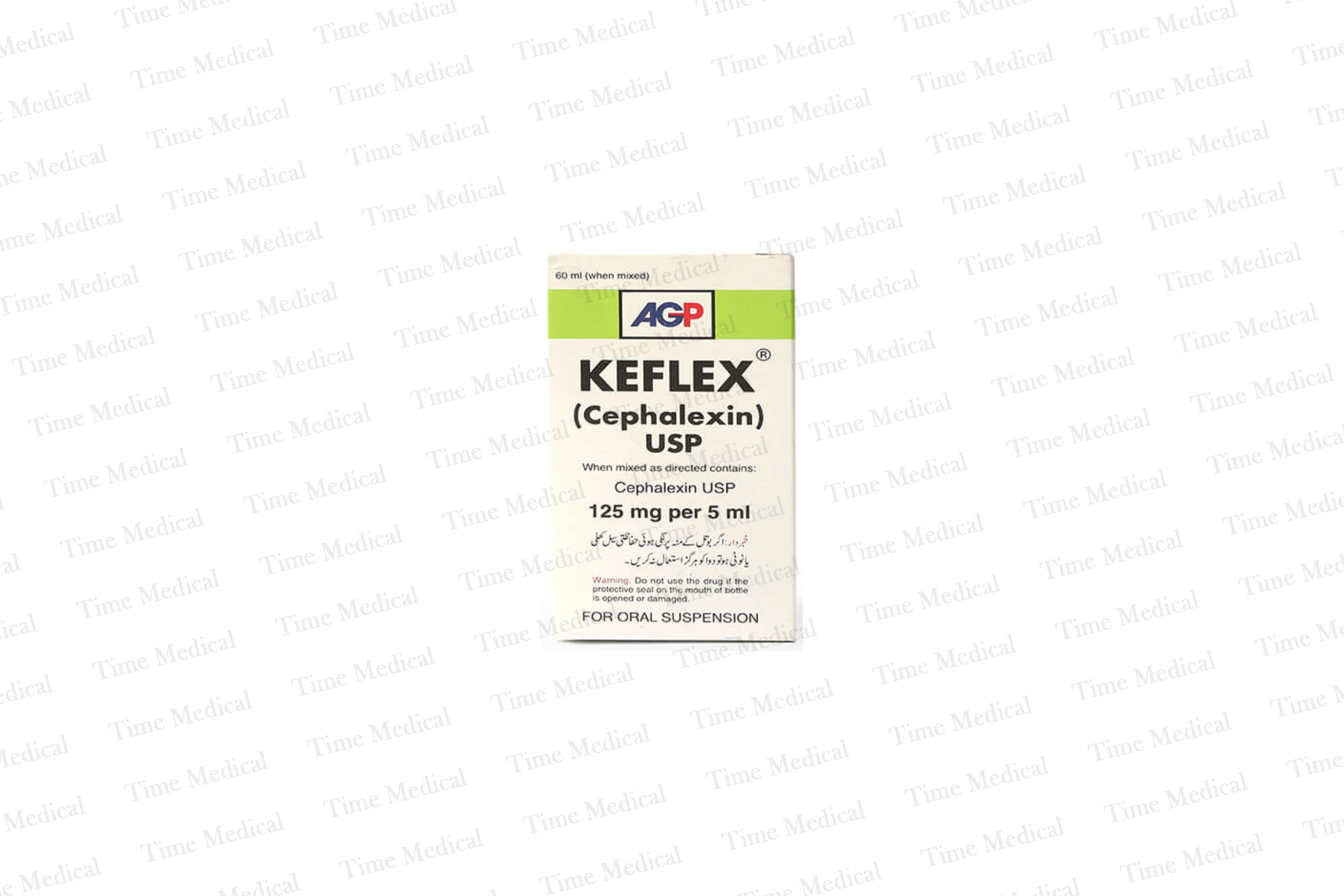
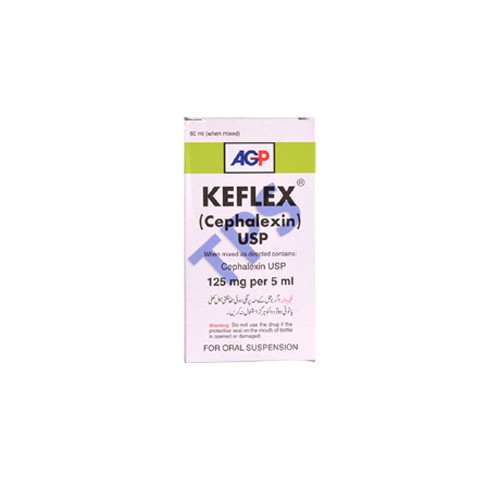
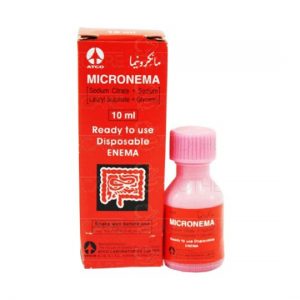
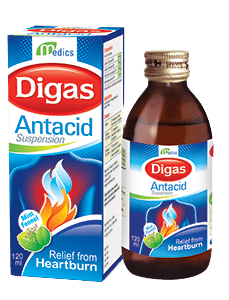
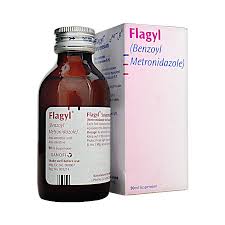
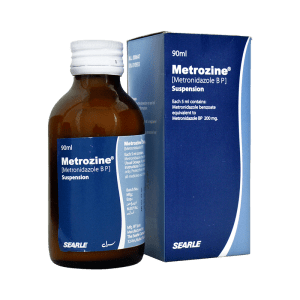
Reviews
There are no reviews yet.